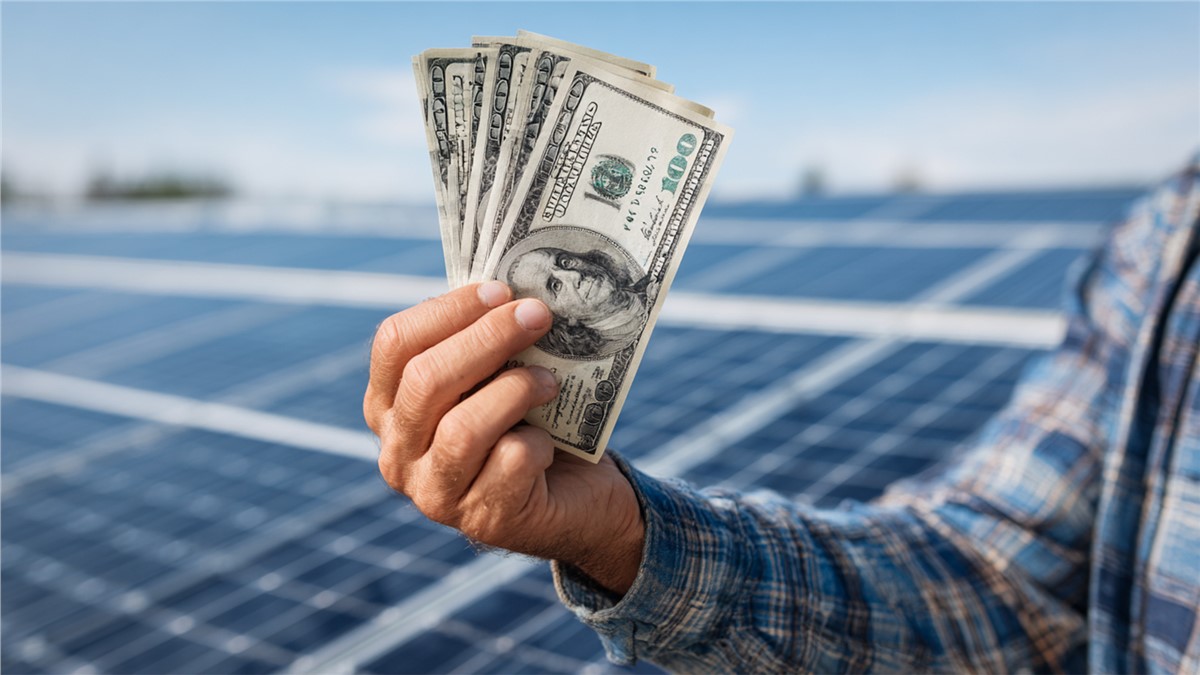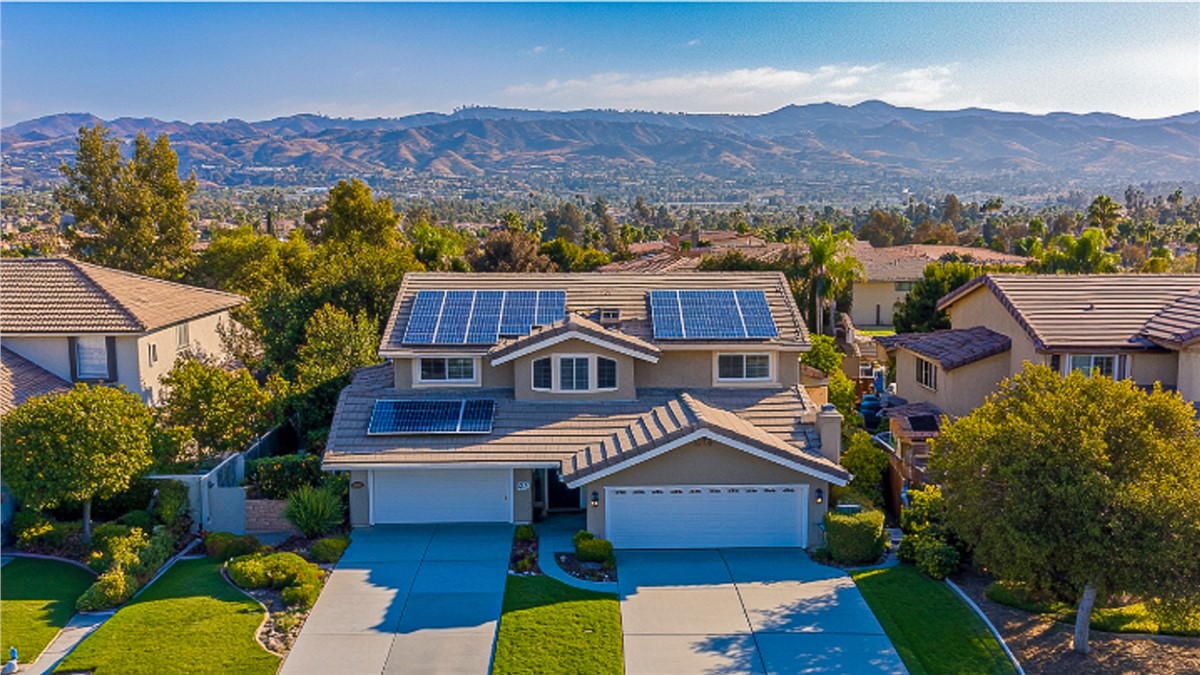Ready to go solar?
Good for you! Now the decision-making process begins. You'll need to consider several factors before the installation can begin. For starters, you'll need to consider the kinds of panels you want to install. You have several options to choose from.
Roof-Mount
Roof-mounted solar panels are the most popular type of solar panel. They are easy to install, require little maintenance, and they're less likely to be damaged by severe weather. Roof-mounted arrays are often used in urban areas as they provide a more aesthetically pleasing look than ground-mounted arrays and can be easily installed on rooftops.
Ground Mount
Ground-mounted solar panels are a good choice for homes with plenty of land. Ground-mounted solar panels are easier to clean and maintain than roof-mounted solar panels since they're more accessible.
Ground-mounted solar panels are typically used in commercial or industrial applications, allowing for a larger array size and easier maintenance access. Ground-mounted solar arrays can be mounted on poles, racks, or the ground itself. Pole-mounted arrays are often used in agricultural or other rural applications, as they allow sunlight to reach the panels even when there are trees or other obstacles.
Panel Type
Solar panels are made from a variety of materials, each with its benefits and drawbacks. The most common types of solar panels are made from crystalline silicon or thin-film technologies.
Crystalline silicon solar cells are made from single-crystal or polycrystalline silicon. They are the most efficient type of solar cell but also the most expensive. These solar cells are typically used in roof-mounted systems.
Thin-film solar cells are made from layers of semiconductor material only a few micrometers thick. They are less efficient than crystalline silicon solar cells, but their lower cost makes them more attractive for large-scale applications such as utility-scale solar farms. Thin-film solar cells can be made from a variety of materials, including cadmium telluride (CdTe), copper indium gallium selenide (CIGS), and amorphous silicon (a-Si).
The type of solar panel you choose will depend on your budget and the application. Roof-mounted systems require more expensive, high-efficiency solar cells, while large-scale solar farms can use lower-cost thin-film technology.
Solar panels come in a variety of shapes and sizes, each with its own unique benefits. There is no one size fits for everyone, so make sure to consult with professionals before making your decision. We would be happy to help and guide you through this process at August Roofing and Solar.
Tags
Subscribe to August Roofing & Solar's Blog







Comments